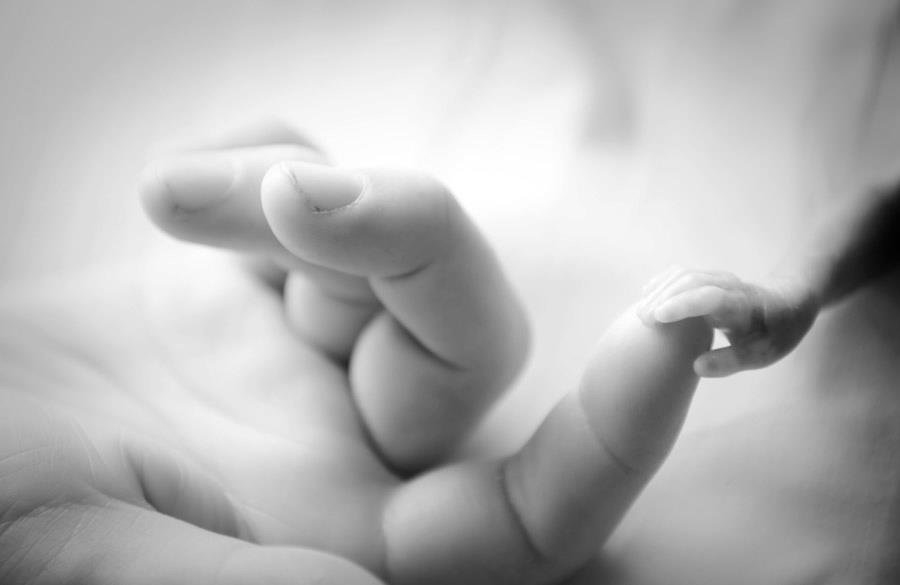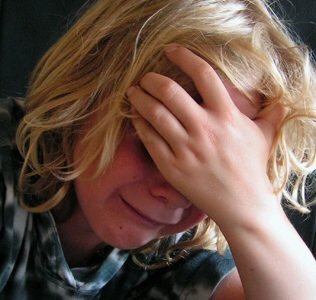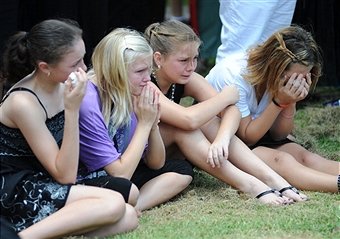
Coping with Grief
Every individual will process grief in their own unique way. Some can and will express their pain easily and openly, while others will keep their feelings locked inside. While there is no "right" or "wrong" way to grieve, many people have found it helpful to have some guidance and support along the way. The following information has been prepared to help you on your grief journey.
Different people experience grief in different ways. Besides your sorrow and loss, you may also experience the following emotions:
- Guilt may occur if you feel responsible for the loss of a loved one -the "if only" syndrome. It is pointless and often erroneous to burden yourself with guilt for the accident or illness that claimed your loved one’s life, and only makes it more difficult to
resolve your grief. - Denial makes it difficult to accept that your special person is really gone. It's hard to imagine your life without them.
- Anger may be directed at the illness that took your loved one, the driver of the speeding car, the doctor who "failed" to save their life. Sometimes it is justified, but when carried to extremes, it distracts you from the important task of resolving your grief.
- Depression is a natural consequence of grief, but can leave you powerless to cope with your feelings. Extreme depression robs you of motivation and energy, causing you to dwell upon your sorrow.

Loss of a Spouse
Losing a spouse can be a very painful experience. Your whole world changes. A role you once had, no longer exists. You may be sad, angry, lonely, confused, afraid and not sure of who you are anymore. It is important for you to express these feelings and move them from the inside to the outside. You may want to share your story of loss again and again. Allow yourself to remember your loved one and take care of yourself in the process. Surround yourself with people who can support you along the way.

Loss of a Child
When your child dies, the pain and devastation of your loss can feel overwhelming. Some of the immediate emotions in grief are shock, numbness, denial, confusion and disbelief, all of which can act as a cushion against the full impact of your loss. As time passes some of these early emotions may begin to wear off as others emerge including guilt, anger, loneliness, despair, sadness and regret. Because of the intensity of all of the emotions you are feeling, you may not be fully able to comprehend all that you are experiencing. These feelings and emotions are all a normal and natural response to the death of someone you love.

Loss of a Parent
Regardless of your age, losing a parent may be an intensely emotional experience. You probably have strong feelings for them, regardless of whether your relationship was positive or negative. Unresolved feelings of anger and/or guilt may emerge, in addition to the multitude of the other grief emotions. This loss may also affect your relationships with your siblings. It is important to express all of your feelings, find support along the way and take care of yourself.
Loss of a Pet
Many people get so much love and delight from their beloved pets in life, and like any significant relationship, they grieve deeply for them when they are gone. Pets can be an expression of peoples' inner feelings and when a pet dies, a treasured secret part of the person also dies. Grief over the loss of a pet is very real and coping with the loss of a pet can be a challenge.

Suicide
Death to suicide is unlike any other loss. The emotions are complex and the circumstances surrounding it are complicated. You may find yourself asking all kinds of “why” questions. You may also find yourself being stigmatized and abandoned by others. Know you are not alone and seek support from others who understand. Healing is possible. Take care of yourself, express your feelings and grieve in your own way and on your own time schedule.





